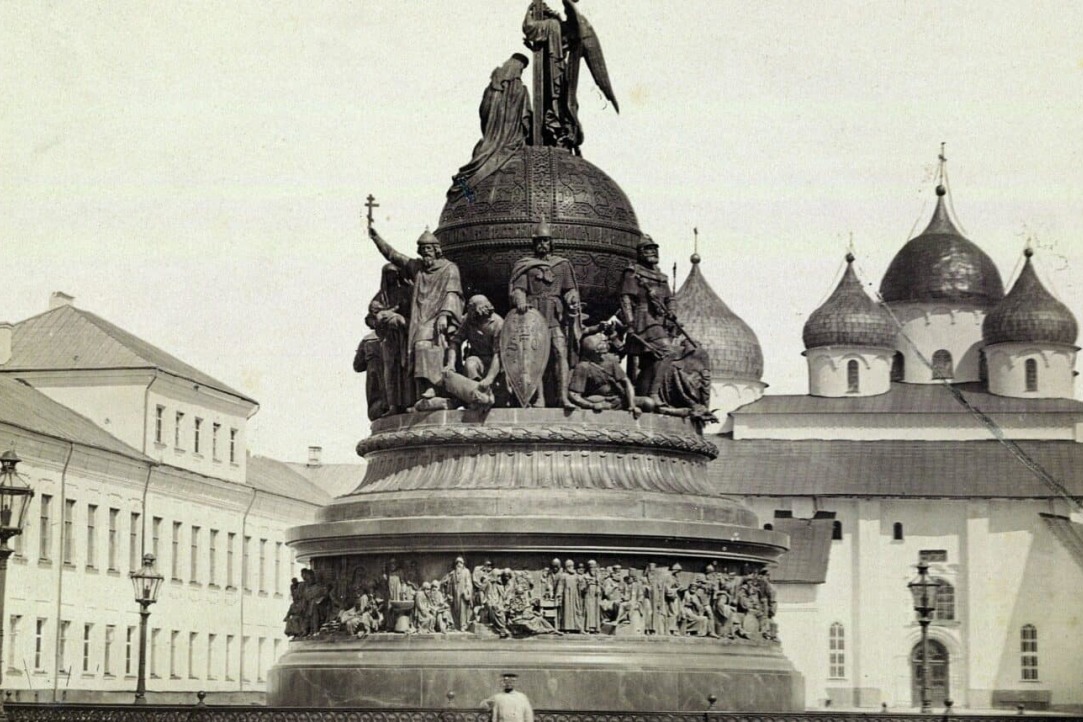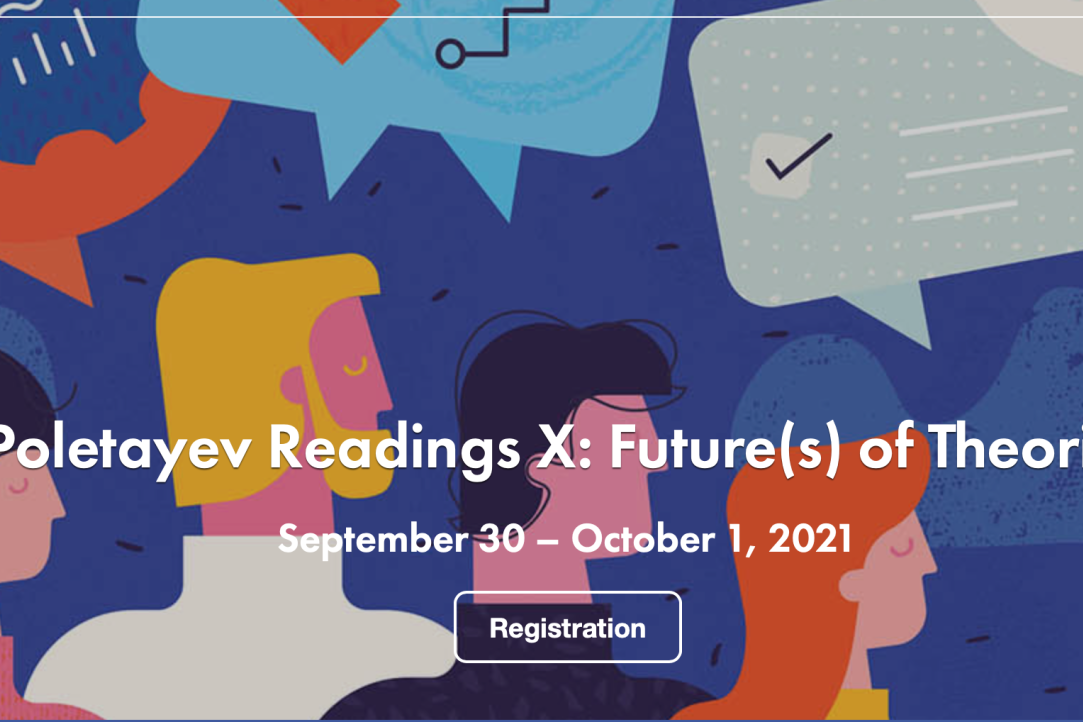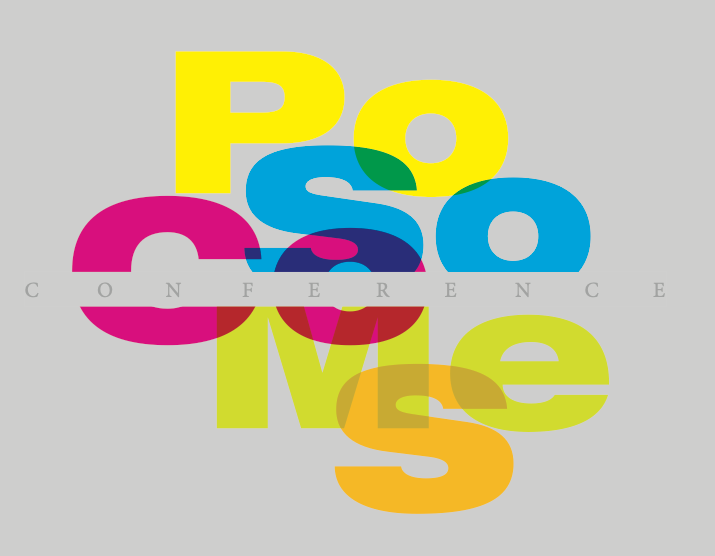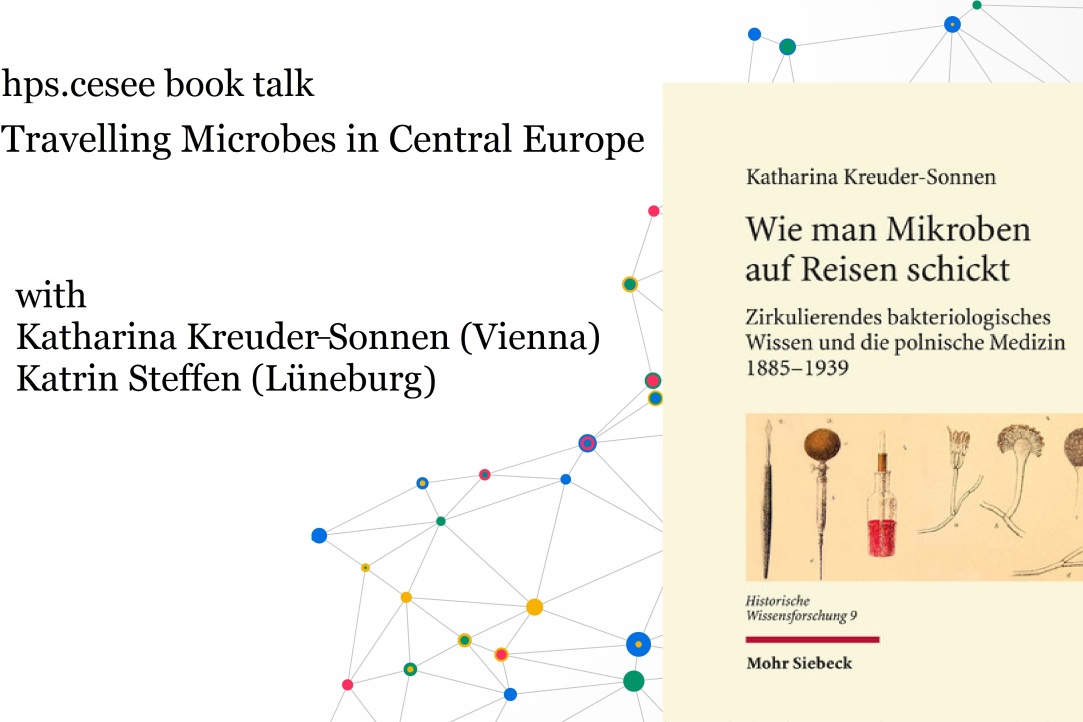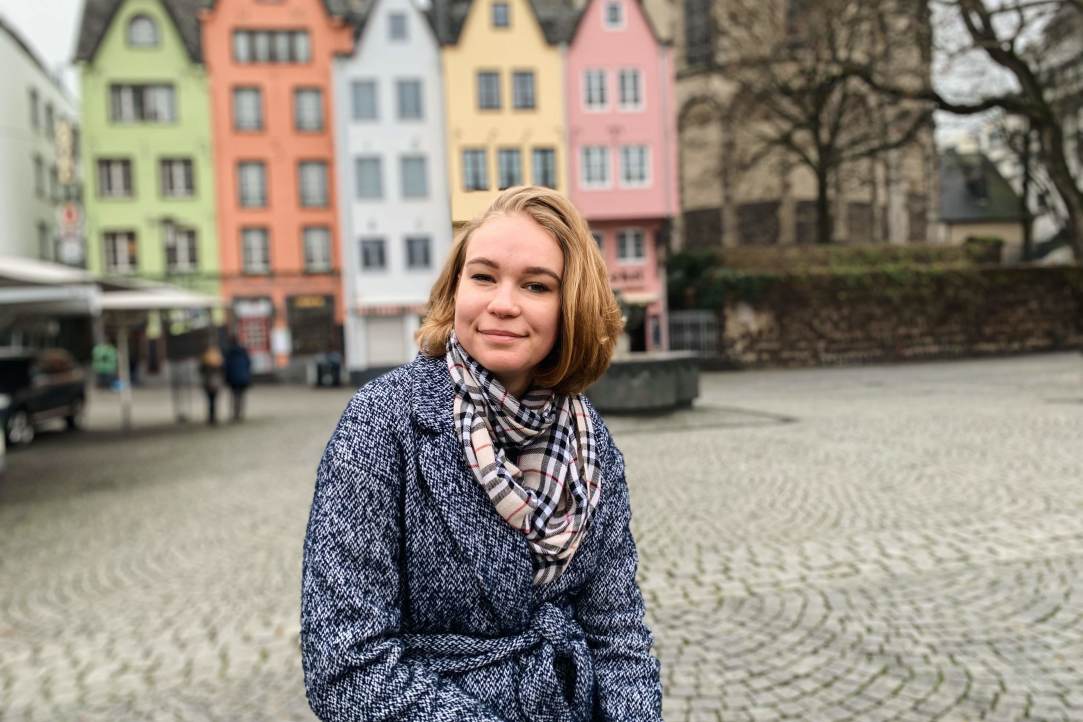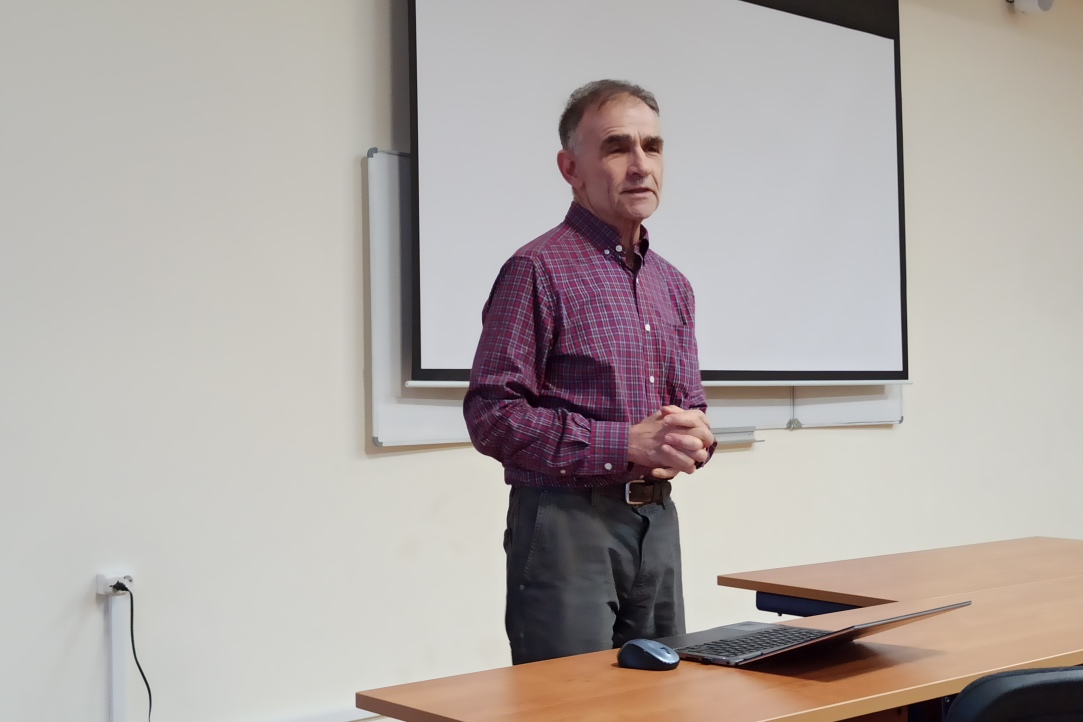On 30 September - 1 October, the tenth, anniversary "Poletaev Readings" were held. Unlike previous conferences, they were not devoted to the history of the humanities and social sciences, but to the future of theoretical knowledge, in particular in connection with the development of big data. How can we talk about academic ethics and the moral economy of the university? How is the new digital age changing the way we think about the past? Three sections of the conference were devoted to these topics.Report on the first section
